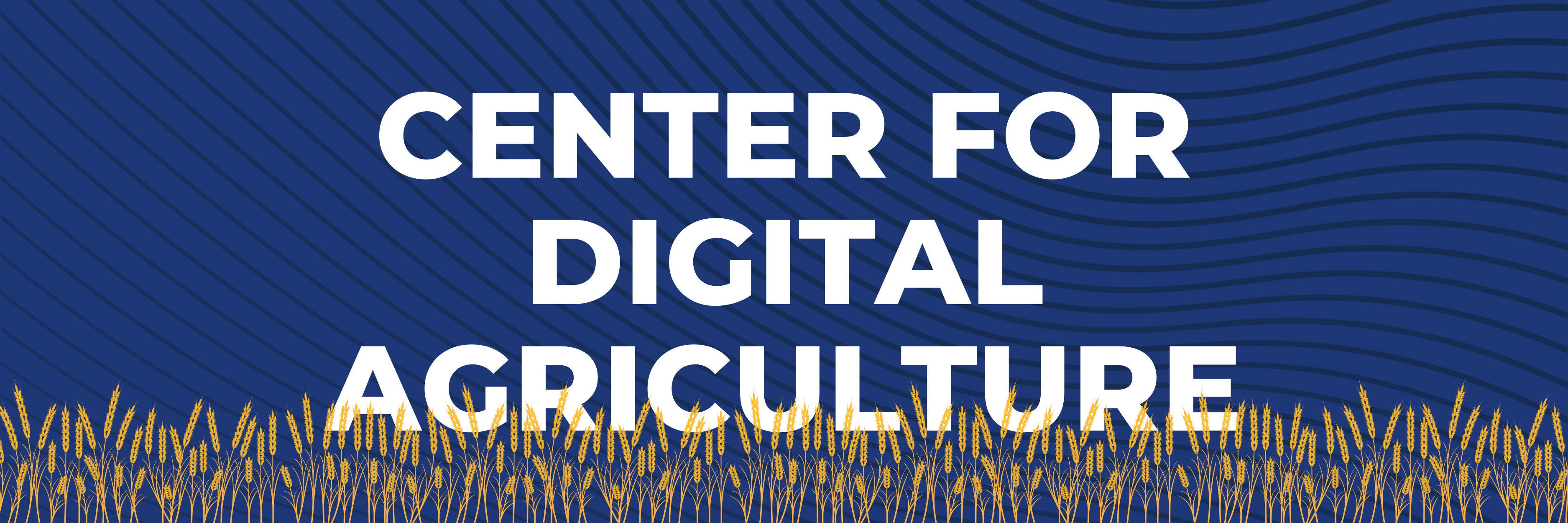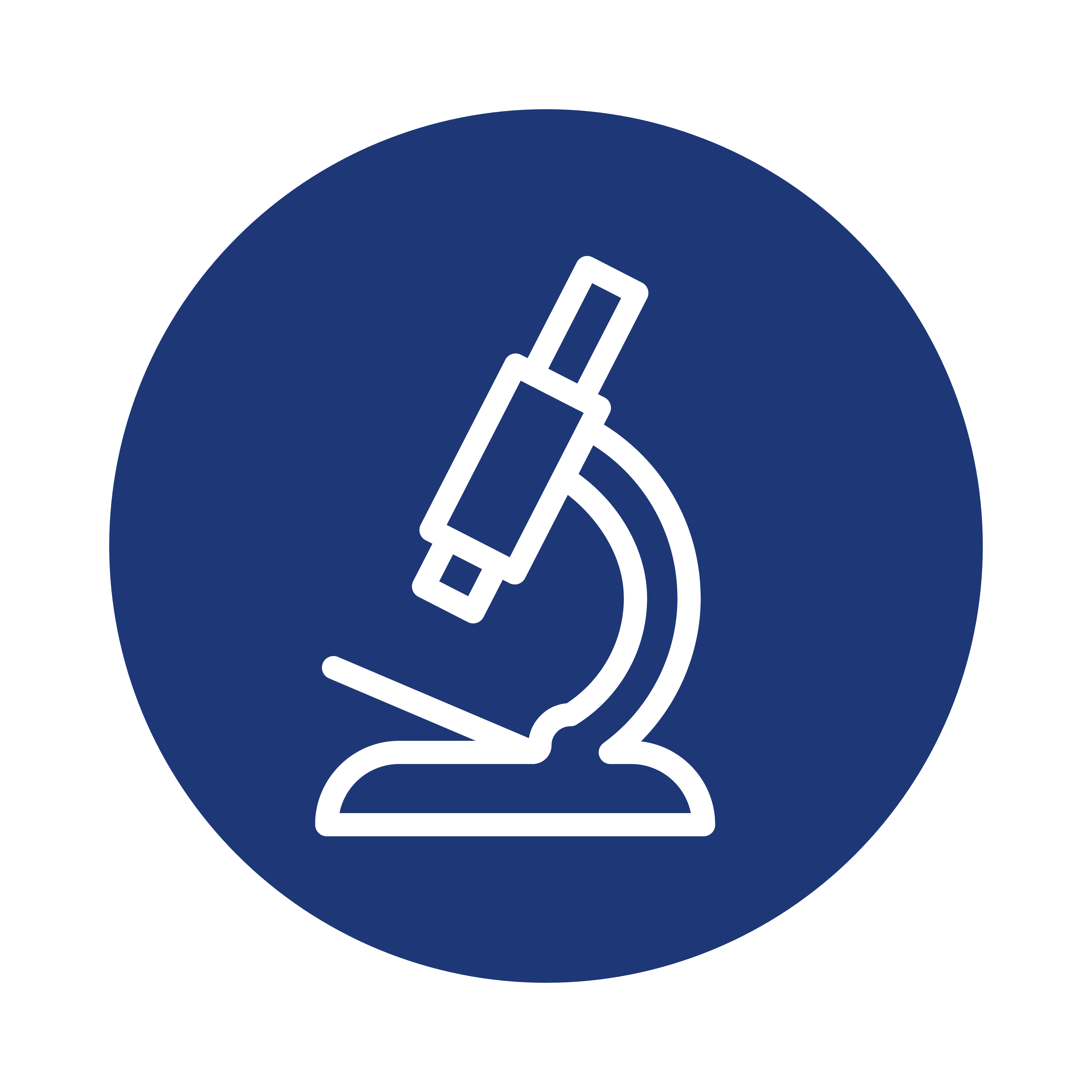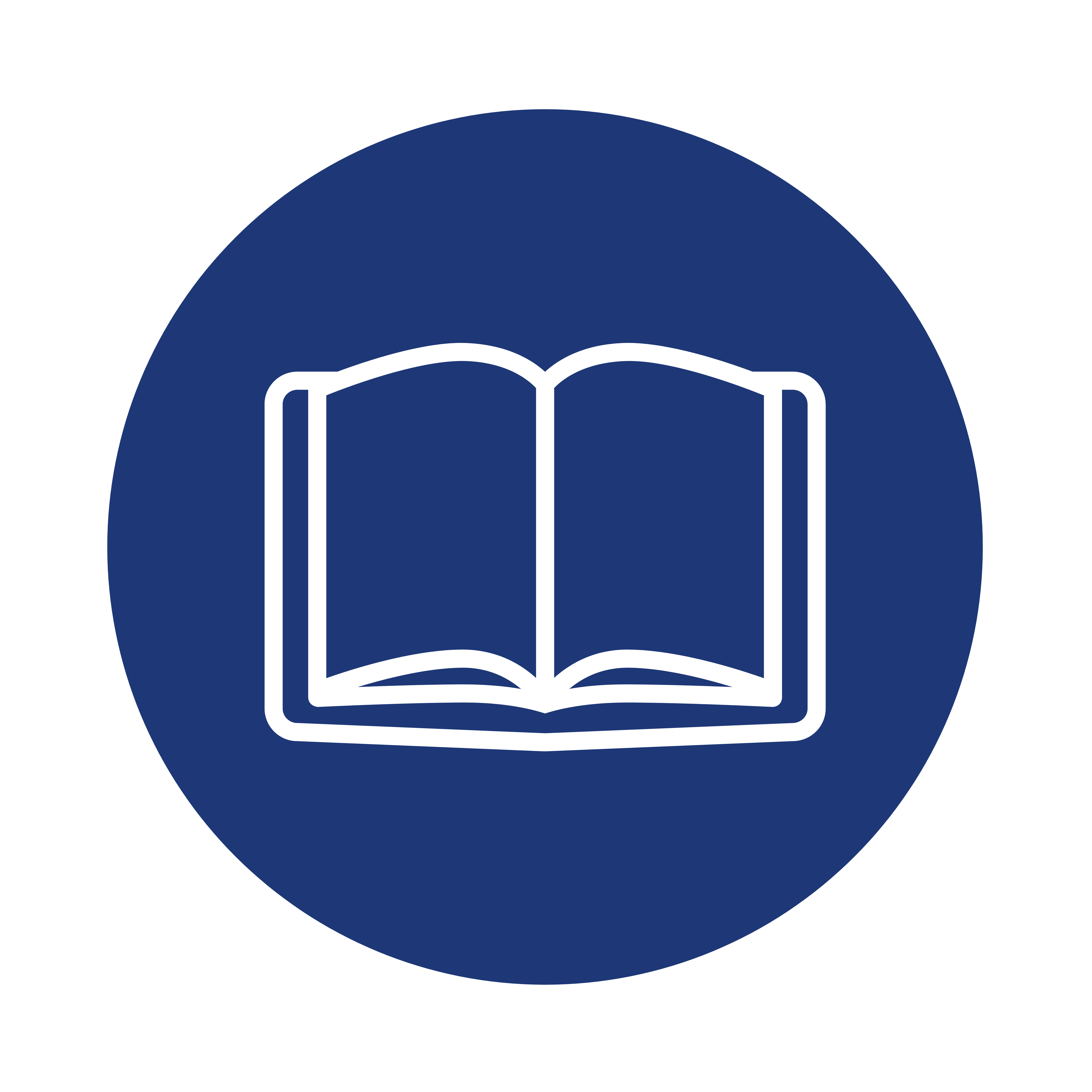The Center for Digital Ag Leads the Way for Industry
- News and Events
- Success Stories
- The Center for Digital Ag Leads the Way for Industry
- The Center for Digital Ag Leads the Way for Industry

The Center for Digital Agriculture (CDA) at the University of Illinois at Urbana-Champaign focuses on how technology can transform agriculture to address the needs of a growing global population. CDA's projects develop and apply digital technology to help agricultural automation, data science, animals, crops, and people.

CDA aims to enable multidisciplinary research, education, and outreach involving agricultural, biological, food, consumer, economic, and environmental researchers together with computer science, electrical, civil, mechanical, industrial and other engineering fields. To achieve these goals, CDA builds on the University of Illinois's strong tradition of team-building for large long-term interdisciplinary research, is sited within the National Center for Supercomputer Applications (NCSA), and works extensively with the Institute for Sustainability, Energy and Environment (iSEE). Learn more about each of these goals:
On the research front, CDA has successfully launched several large funded projects, including a National AI Institute, a NSF Science and Technology Center (led by Cornell), and the USDA NIFA Farm of the Future. In addition, several new research themes are exploring new directions, including autonomous farming, agricultural supply chains, rural networking, and livestock management.
The Center addresses the immediate need for a skilled workforce in both agriculture and digital technologies with a novel, cross-disciplinary Master of Engineering degree in Digital Agriculture, associated graduate certificates, and extensive outreach activities. CDA hosts an extensive Research Experiences for Undergraduates (REU) program in close collaboration with Tuskegee University which attracts several students from minority-serving institutions to campus each summer. The REU program led to a successful REU Site award from NSF.
CDA would like to expand to partnerships with companies in the agriculture and computing industries, including collaborative research projects, summer internships, scholarship programs, and research and development partnerships.
CDA is centered around building strong multi-disciplinary teams of faculty and graduate students from Grainger College of Engineering, College of Agricultural, Consumer, and Environmental Sciences (ACES), and NCSA to work on cutting-edge research. Industry partnerships with CDA and NCSA give companies direct access to world-class researchers and student talent. CDA also has a network of multi-institutional efforts that are executing game-changing research that companies could also collaborate on.
Speed to and depth of solutions - specifically, supercomputing and AI accelerators bring the speed, and machine and deep learning solutions provide depth of solutions and greater operational intelligence.
CDA has a pipeline of well-trained students that companies can hire. We have a pipeline of undergrads from Computer Science, CS+CPSC, CS+Animal Science, Ag and Biological Engineering, Crop Science, Animal Science, Plant Biology, and many more! There are also opportunities to hire students who have completed our M.Eng in Digital Ag or traditional M.S./Ph.D. students who have worked on projects in CDA. Here are just a few of our recent corporate successes:

By leveraging CDA’s connection with NCSA, a major agriculture company was able to save $17M annually by optimizing a key existing workload using AI and high-performance computing.

Earthsense is closely engaged with CDA. The direct adoption of two technology outcomes from the AIFARMS research has begun to be developed. One outcome is the advances in learning for control, which were developed in autonomous farming thrust to enable robust autonomous navigation in outdoor settings using computer vision instead of (more expensive and yet less reliable) LIDAR+GPS. A second broad outcome is being developed in direct collaboration with EarthSense, in particular, autonomous under-canopy robots for planting cover crops before harvest, which leads to improved yields and significantly lower planting costs for the cover crops. This area of work builds on research on improved autonomy and on ongoing research on the economics of cover crop adoption. Earthsense is a critical partner on the Farm of the Future and the new iCover award.

The livestock focus area is working with Cargill to outfit a research barn with monitoring technologies. An initial successful test trial was run and this will be expanded in the next year. Core AI and domain science outcomes from CDA were applied to make for a successful partnership.
What are some ways your company can engage with CDA?

Research
All CDA components are open to exploring ways of engagement that work for the partners involved. Some examples of engagement, but not limited to, sponsoring research projects (REU or graduate level), collaborative data sharing, serving as advisory board members, and investing in the Farm of the Future infrastructure. It is also possible to facilitate customized projects - a collaboration between researchers and NCSA Industry, with teams specializing in custom corporate consulting.
The CDA is home to the USDA-NIFA Funded Farm of the Future (i-FARM). The i-Farm is an 80-acre agricultural testbed, where commodity crops and livestock are farmed using synergistic and sustainable practices. The CDA is looking for industry partners to create new data-driven products and services for farmers on the Farm of the Future. CDA and i-FARM seek industry partners to create new data-driven products and services for farmers. In i-FARM, different modes of network connectivity, ground sensors, aerial-remote sensing, edge computing, and automated robots work synergistically to advance the adoption of regenerative farm management practices. i-FARM provides a testbed for collaboration between industries, researchers, and farmers.
AIFARMS is a national AI institute with expertise in computer science, engineering, and crop and animal sciences. Industry can collaborate with AIFARMS on data-driven decision-making projects, machine learning, and computer vision research projects within autonomous farming, livestock management, environmental resilience, and soil monitoring and health. AIFARMS has an additional research thrust to explore the factors influencing farmers' choices to adopt technology.
Education
CDA would be interested in planning a career fair and networking event with various industry partners. The CDA graduate students would be invited to attend the event. We would also open up the opportunity to partners that CDA engages closely with, such as students within iSEE, crop and animal science departments.
In Spring 2023 CDA in collaboration with Agriculture and Biological Engineering, Crop Sciences and Computer Sciences departments launched a fully online non-thesis Masters of Engineering (M.Eng) in Digital Agriculture. The program is designed for working professionals with the flexibility to be taken part-time. In addition, six different certificate programs have been launched. The certificates only require three courses to complete and can be stacked and transferred to the M.Eng program. Industry partners could engage with these programs by encouraging employees to seek them out as continuing education, providing internships for the M.Eng students, or providing projects for the capstone course. CDA is also looking for industry input on continuing education needs to continue to build the certificate offerings or to develop short courses to meet an industry need.
Every summer we host a Research Experience for Undergraduate (REU) students. This is a 10-week paid experience for students. The students work closely with faculty mentors on research projects and participate in a professional development series. The REU program primarily recruits students from underrepresented populations. Industry can engage with this program by sponsoring students to participate in the program and will be provided student resumes for their sponsorship. Companies can also interact with the students by hosting a site visit, sponsoring a meal, or working with faculty mentors to collaborate on a research project.
This will be the second year CDA is hosting the AI Foundry for Agriculture Applications short course and hackathon. The course is designed for graduate students looking to increase their competency in solving agricultural issues with artificial intelligence and computer vision. The short course is a 4-day virtual course and hackathon designed for graduate students, or senior undergrads, with limited experience in machine learning. The REU students also participate in the short course. Industry can engage with the short course by sponsoring the hackathon awards, sponsoring a scholarship to cover student registration, mentoring students during the hackathon, and providing data sets.
The CDA education team is developing a “Digital Ag. in a Box” curriculum. The Box would provide a hands-on activity for middle school students. The boxes are primarily for non-formal education settings but could be applied to a traditional classroom setting. The ‘Digital Ag in a Box’ will include learning modules and community science projects for applying computer science-based skills within agriculture-based settings. These modules will be built around fluency in programming for building robots demonstrating agricultural applications, outfitting demonstrations with sensors to monitor environmental variables, lessons in plant and crop sciences, and lessons in livestock management and welfare. Industry partners will have the opportunity to sponsor kits for classrooms.
